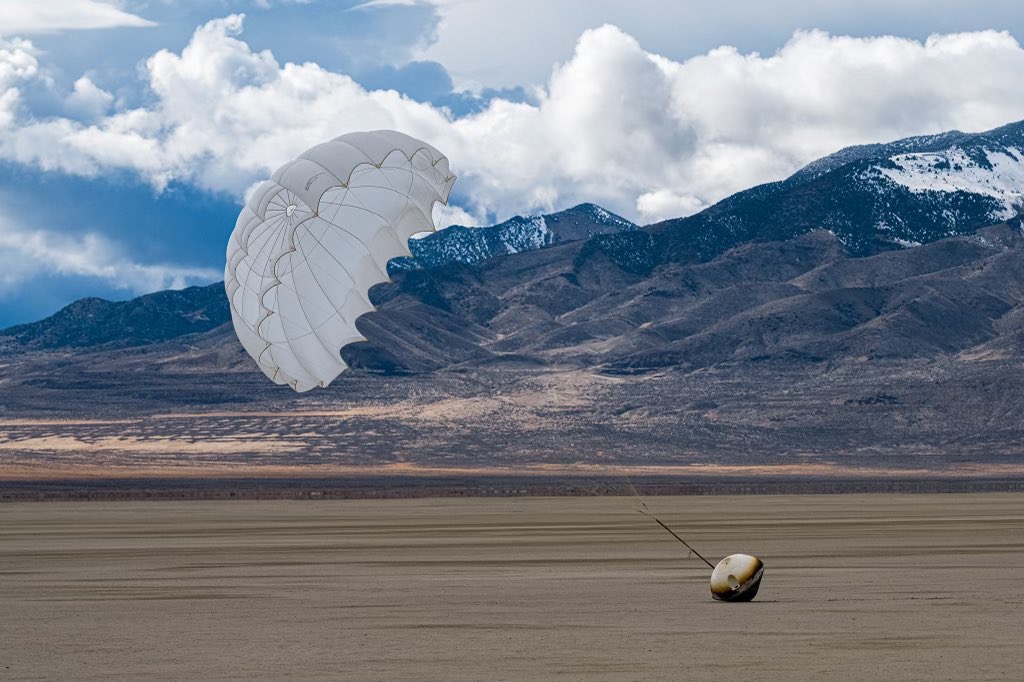WASHINGTON — Varda Space Industries secured a $48 million contract from the U.S. Air Force Research Laboratory to test military payloads on the company’s reentry capsules.
A California-based startup focused on in-space manufacturing, Varda Space developed a factory-in-orbit spacecraft — a compact, 120-kilogram satellite engineered to produce high-value materials such as pharmaceuticals in zero-gravity conditions. The materials are returned to Earth in a capsule built with advanced thermal protection materials developed by NASA to withstand reentry.
The four-year deal with AFRL, announced on Nov. 26, leverages Varda’s W-Series reentry capsules as platforms to test payloads at hypersonic speeds. The spacecraft are built on Rocket Lab’s Photon satellite bus,
Through a partnership agreement, NASA Ames produced the thermal protection material, called C-PICA (Conformal Phenolic Impregnated Carbon Ablator).
Varda’s first successful demonstration was completed in February 2024 when its W-1 spacecraft produced a batch of ritonavir, an antiretroviral drug. The capsule reentered Earth’s atmosphere at 18,000 miles per hour before parachuting to a precise landing site.
Military taps commercial reentry vehiclesThe AFRL contract reflects growing military interest in reentry vehicles for applications such as hypersonic testing. Hypersonic speeds pose significant engineering challenges, especially in thermal protection, navigation and sensor performance.
Commercial reentry capsules would give the Air Force an operational environment to test vehicle subsystems under real flight conditions. This approach is more cost-effective than traditional hypersonic test flights, which often rely on specialized and expensive experimental aircraft.
The new contract builds on Varda’s prior collaboration with the Air Force. In 2023, the company won funding to adapt its capsules for hypersonic testing.
Varda’s next mission, W-2, is scheduled for early 2025. This mission is designed to showcase the Varda Hypersonic Testbed vehicle. The capsule will carry an AFRL-developed spectrometer payload named OSPREE (Optical Sensing of Plasmas in the Reentry Environment) to collect critical data during atmospheric descent.
